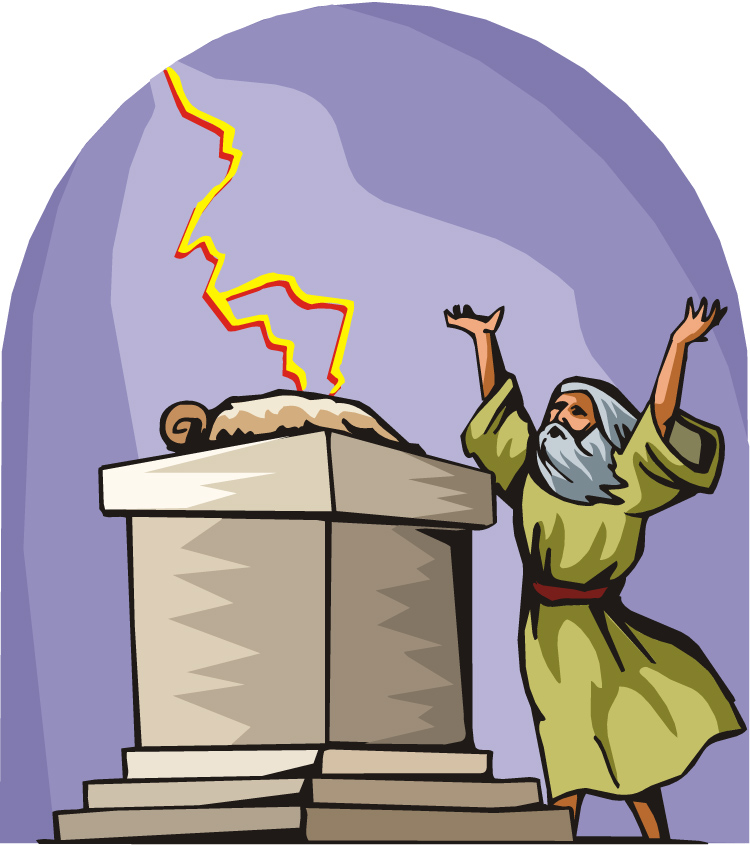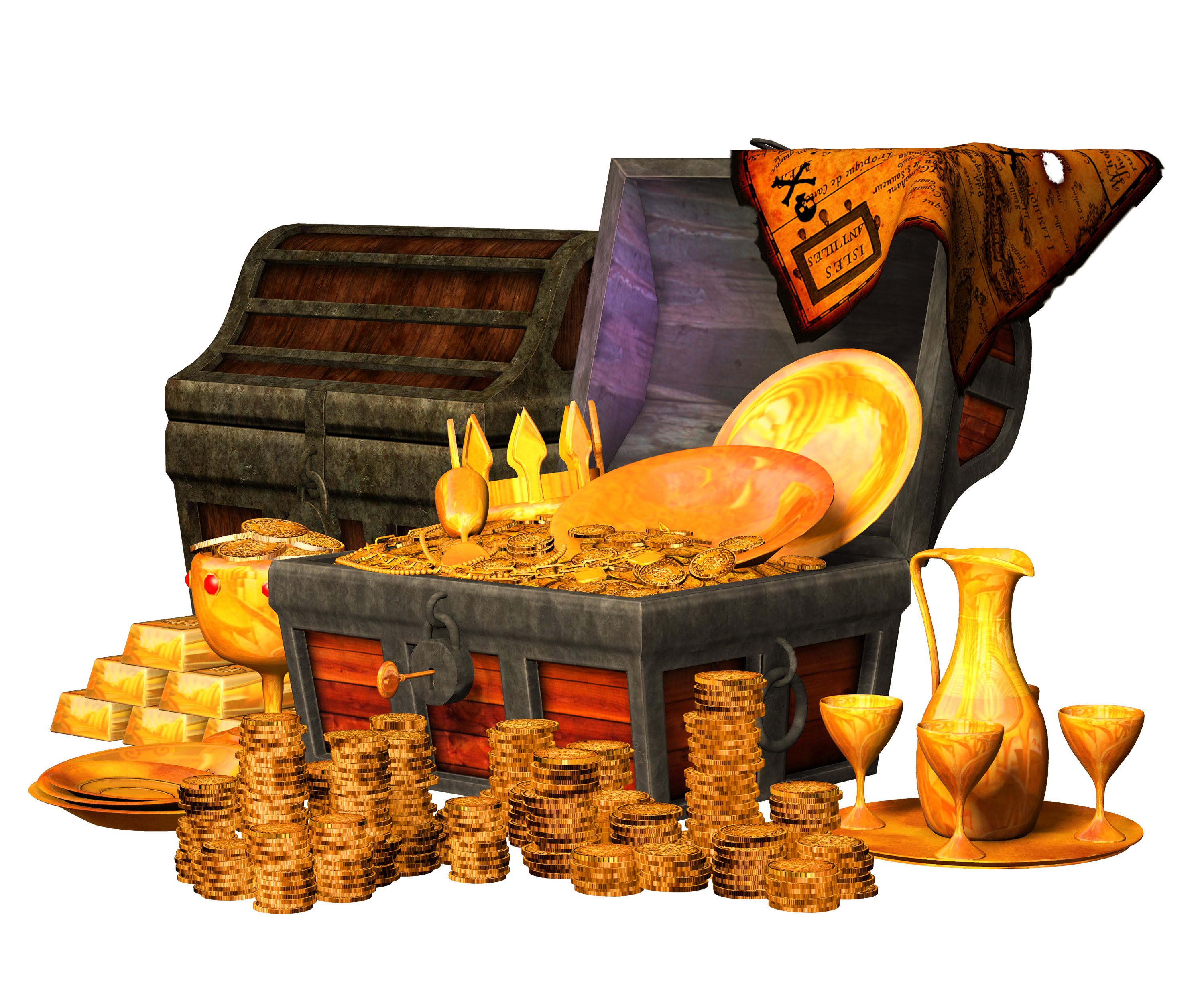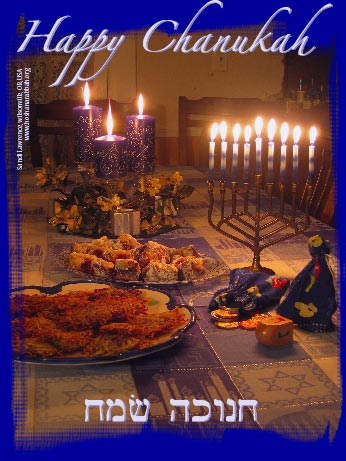Although Jewish and Christian scholars disagree about whether the sacrifices were to cease after the coming of the Messiah, as Edersheim points out, all agree that the object of a sacrifice was substitution for the offender (The Temple – Its Ministry and Service, p. 90). He also notes that the Jewish fathers along with the Scriptures that all these substitutionary sacrifices pointed to none other than the Messiah. This understanding is especially expressed in the proto-rabbinic biblical Aramaic commentaries or Targumim (e.g. Tarum Jonathan and the Jerusalem Targum; ibid., p. 92). Later rabbinic sages, in light of the rise of Christianity, were loath to accept this interpretation and, to this day, pretend it was never the belief of their ancient predecessors.
As the Tanakh progresses, the concept of the substitutionary sacrifice as it relates to the sinner and to the Messiah expands and unfolds. The unity of the Tanakh in this regard and its progression of revelation on this subject must be taken into consideration when studying the sacrifices listed in Leviticus and the rest of the Torah if we are to understand completely the biblical concept of substitutionary sacrifice as well as the Messianic prophecies. The concept of sacrifice in the Tanakh point us prophetically in progressive stages to the sin atoning death of the Messiah on behalf of sinners. Such passages in the Tanakh as Pss 2, 22, 35, 69, 72, 89, 110, 118 along with Isa 52:13–53:12 (many other scriptural passages could be cited here as well) point undeniably to the Person and work of Yeshua the Messiah including his suffering and glorification. The apostolic writers understood these prophecies and how Yeshua fulfilled them perfectly (e.g. Isa 52:13–53:12 cp. Heb 9:11–15; 10:4–7, 1; etc.), and this understanding forms the basis for the New Testament, which the authors thereof refer to as The Testimony of Yeshua (Rev 1:9; 6:2; etc.).
The Prophetic Significance of the Offerings
Along with the burnt offering there were five other types of offerings each representing different aspects of a follower of Yeshua dealing with sin in his life. They are listed in Leviticus and elsewhere in the Torah. They are:
- the meal or cereal offering (Lev 2; 6:14–23)
- the guilt or sin offering (Lev 4; 6:24–30)
- the trespass offering (Lev 5:14–6:7)
- the peace or wave offering (Lev 3; 7:11–21)
- the drink offering (Exod 29:40;–41; 30:9; Lev 23:13; Num 6:17; 15:5, 7, 10, 24; 28:7–10, 15, 24; 29:16, 22, 25, 28, 31, 34, 38)
In these offerings, there is great spiritual symbolism. For example, the oil, salt, flour, frankincense and baking over fire of the meal offering all point to Yeshua. In scriptural Continue reading







